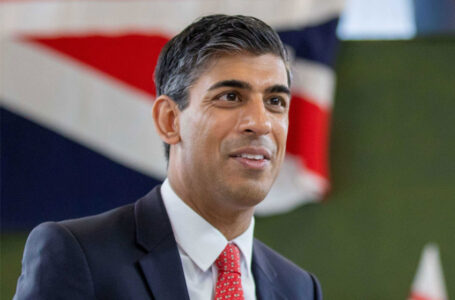Suriname mein kya rakkha hai!
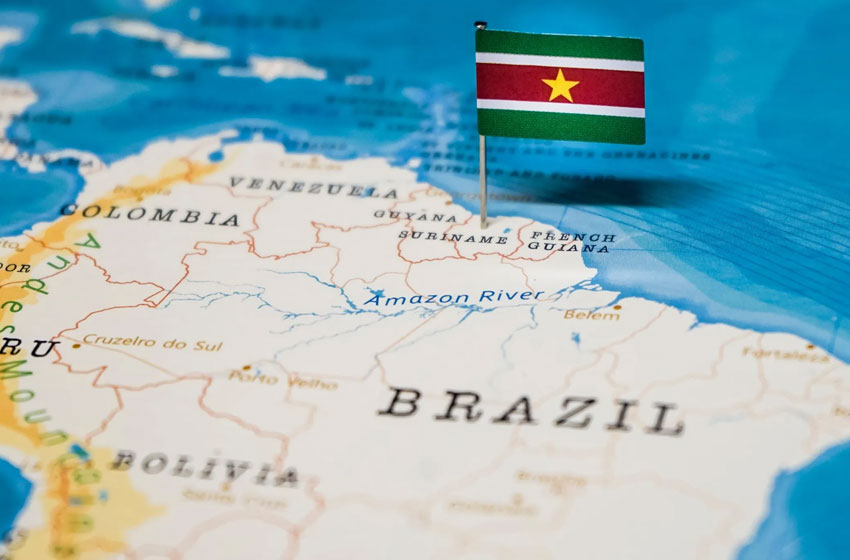
You can take an Indian out of India, but you can never take India out of an Indian. The phrase stands to be accurate and true in the most literal sense; in fact, you can see the overarching influence of the Indian culture even after they leave India and go overseas for work or studies.
But this is not a recent trend; Indians have travelled far to distant lands for centuries to explore or have been brought in by colonisers as indentured labourers to foreign lands. Interestingly, the latter had a far more sociocultural impact on the geographical diaspora of a few countries across the world.
For instance, one of the countries where one might least expect to see Indians is Suriname, which is a small country in South America with a moderate population of 6,12,985 people. But the country has a fascinating connection with India; the Indo-Surinamese is the largest ethnic group in the country, accounting for approximately 27% of the population.
When did Indians first come to Suriname?
In the late 1860s, Suriname was a small Dutch colony that was suffering due to the shortage of labour in the sugar plantations. The abolition of slavery became a central issue for plantation owners as they could not procure enough workers. Hence, they lobbied the Dutch government and the colonial parliament of Suriname to sanction the procurement of indentured labourers from British India.
And that is when Indians set foot in the country for the first time on June 5 1873; a ship called Lalla Rookh carrying 399 Indian emigrants reached the coast of the South American country.
Better livelihood and source of income were the major reasons why Indians went to the country in the first place. Also, the majority of them belonged to the states of Bihar and Uttar Pradesh.
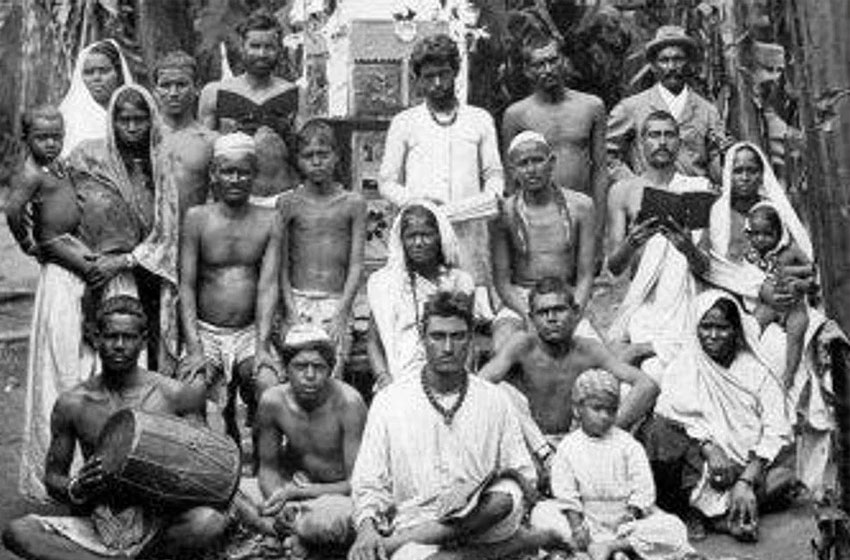
Furthermore, the next five decades played a pivotal role in establishing a Hindusthani community in Suriname. The indentured labourers and their contribution to the economy and culture reflects in the amalgamation of a unique language called Sarnami Hindusthani, a combination of Bhojpuri and Awadhi.
Multiculturalism in Suriname – Celebrating Indian Festivals
The world has become a ‘’vast global village’’ where people enjoy intermingling with different cultures and traditions. And Suriname is one of the foremost countries that proudly hosts multiculturalism due to the contribution of people from India, Africa, China, Europe and Indonesia.
However, if we were to discuss the Indian scio-cultural aspects, it is noteworthy to point out the Hindu festivals that local and Indo-Surinamese people celebrate together.
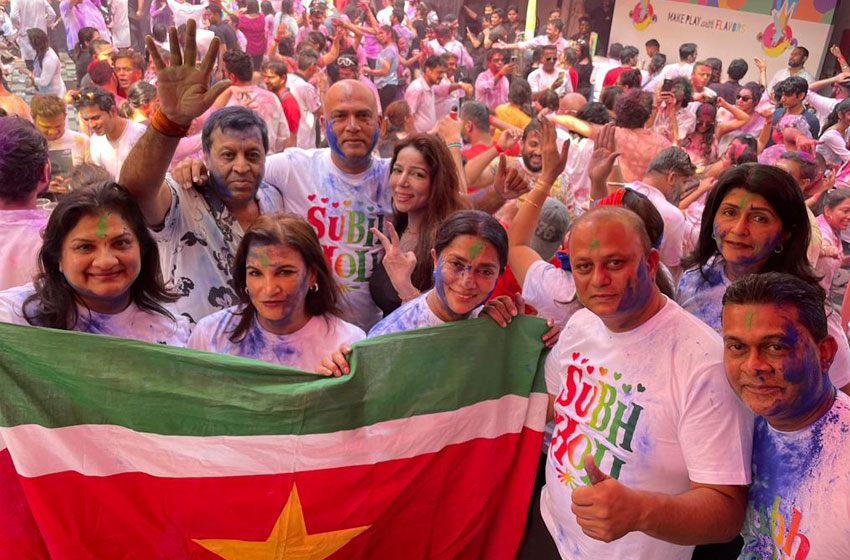
For instance, Holi, the festival of colours, is a significant holiday that celebrates the diversity of Suriname’s cultural heritage. The festival starts with a large parade, with participants dressed in bright and colourful clothing.
Music and dancing fill the streets as people move to the beat of the dholak, a traditional Indian drum. As the parade progresses, participants throw coloured powder and water at each other, creating a spectacular display of colour and joy.
On the other hand, another primary festival, Diwali, is a grand celebration for all Indo-Surinamese people. They light diyas, deck up their houses with flowers and rangolis, and include their neighbour in celebration.
President Chandrikapersad “Chan” Santokhi, the ninth president of Suriname, routinely extends warm wishes on every occasion through his social media handles. This is particularly noteworthy given the fact that his grandparents were indentured labourers from Bihar, India.
Also, not surprisingly, the Surinamese cuisine is diverse, wherein one would find roti, chicken curry, and many other Indian-influenced dishes.
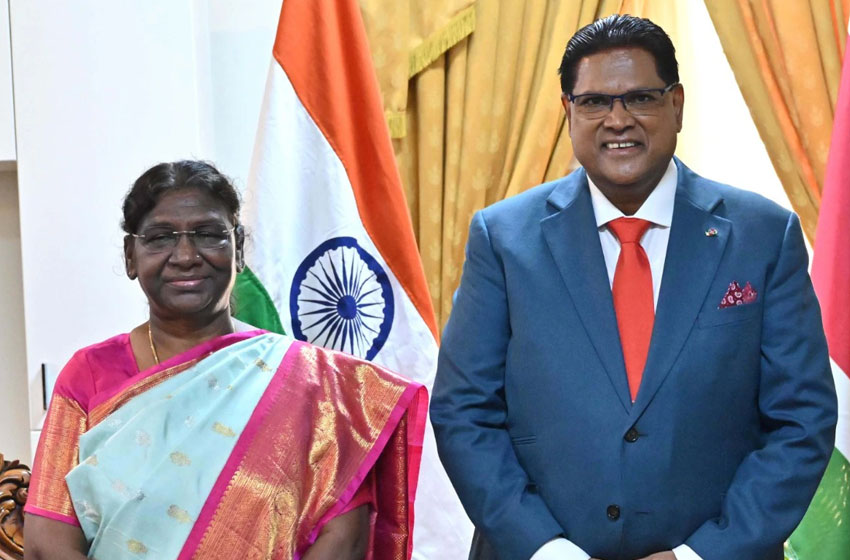
India-Suriname Ties
The Indian diaspora is integral to Suriname; therefore, the country commemorates June 5 as Prawas Din, aka Indian arrival day. Furthermore, this year marked the 150th anniversary of the Indian’s arrival to the country.
And India’s President Draupadi Murmu visited Suriname and declared the extension of the eligibility criteria for overseas citizenship of India. In fact, the extension was particularly for the people of fourth to sixth-generation descendants of original Indian immigrants to Suriname.


